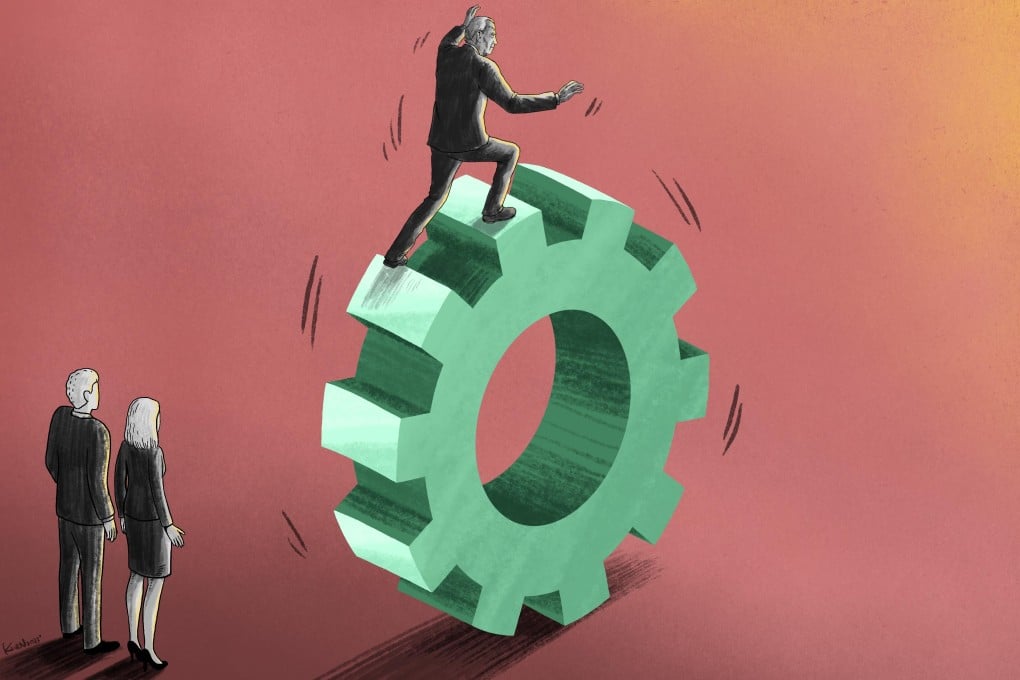Detroit, recent Apec host, embodies Joe Biden’s trade policy goal of renewal
- Rather than pursuing free trade deals, the US president promotes a plan for the federal government to play an active role in the revival of domestic manufacturing
- In a collaboration between Ford and Google, the historic Michigan Central Station in Detroit is being transformed into an electric vehicle innovation hub

When Detroit filed for bankruptcy in 2013, many news outlets used the ruins of Michigan Central Station as an illustration of the city’s long, slow collapse.
Last month, less than two miles from the 20th century rail junction, US President Joe Biden’s top trade official hosted counterparts from 21 Asia-Pacific economies to pitch a new vision of American trade policy.
“Detroit has experienced first-hand some of the most negative impacts of an aggressive liberalisation of trade and de-industrialisation”, US Trade Representative Katherine Tai said in her opening remarks at the Asia-Pacific Economic Cooperation (Apec) trade ministers’ meetings, held on May 25-26.
She mentioned “factories that have shuttered and communities who have suffered” in aligning her remarks with Biden’s approach to industrial policy.
His goal is for the federal government to play an active role in the revival of domestic manufacturing, reshaping supply chains, creating local jobs and fighting climate change instead of pursuing free trade deals.
It was on the streets of Detroit in the late 1800s where Henry Ford, the founder of Ford Motors, drove his first car.
A few decades into the 20th century, more than 100 automobile manufacturing companies, including General Motors and Chrysler, had sprung up, giving the city its “Motor City” moniker. Between 1940-1947, Detroit became home to the country’s highest paid blue collar workers and boasted a population of 1.85 million.